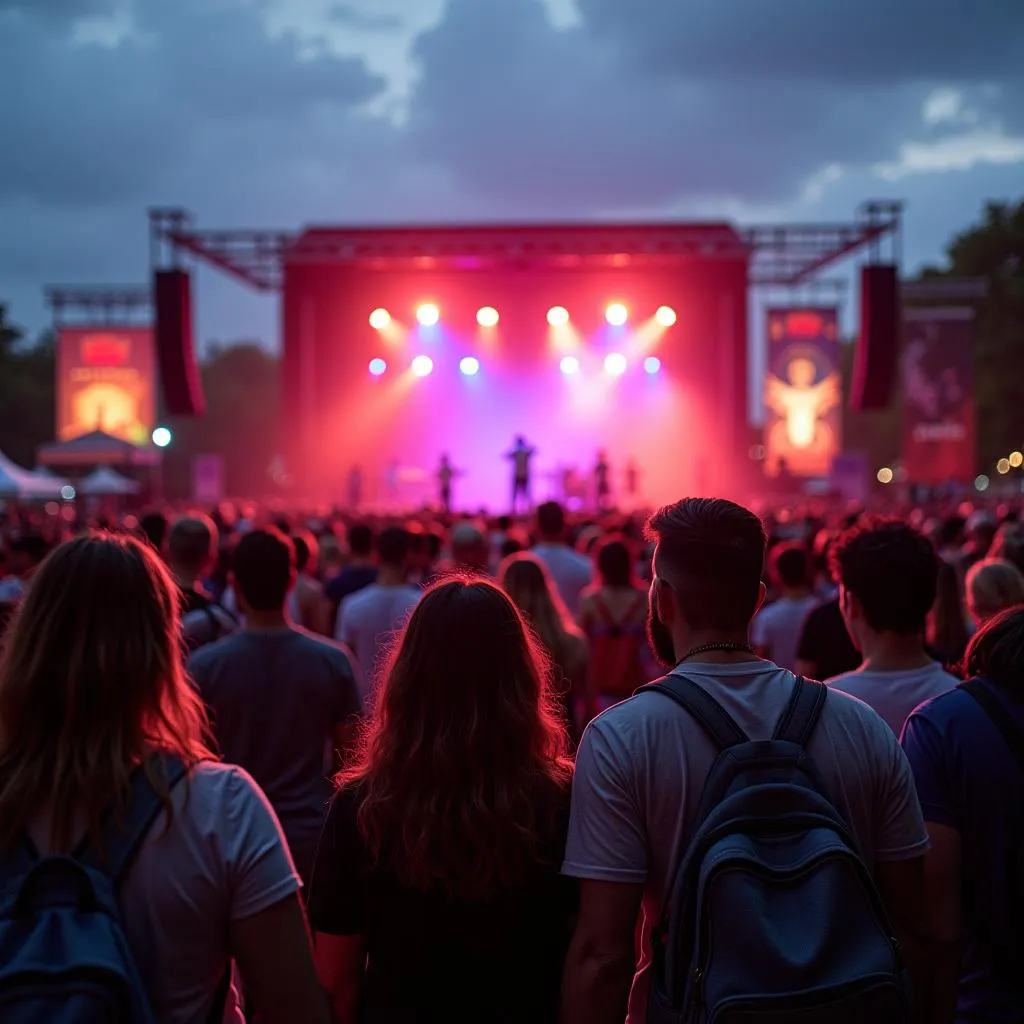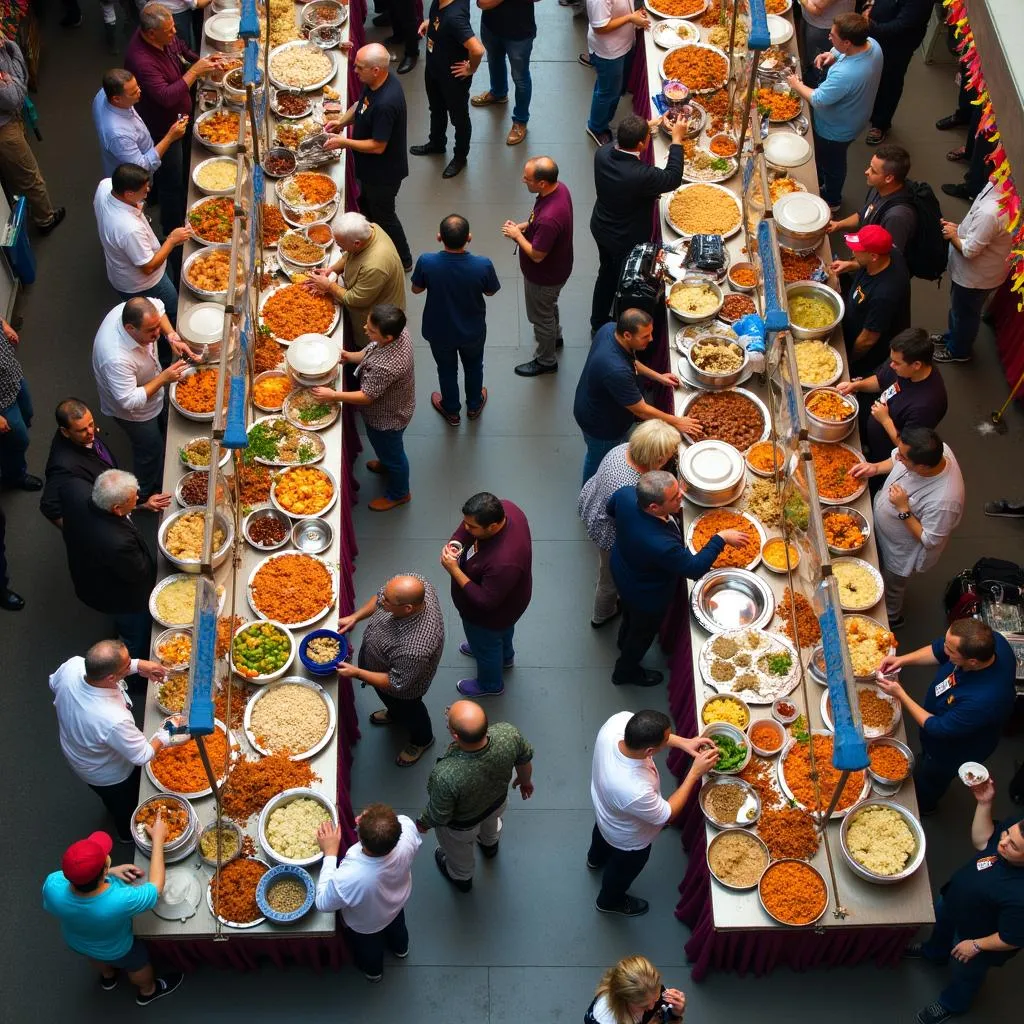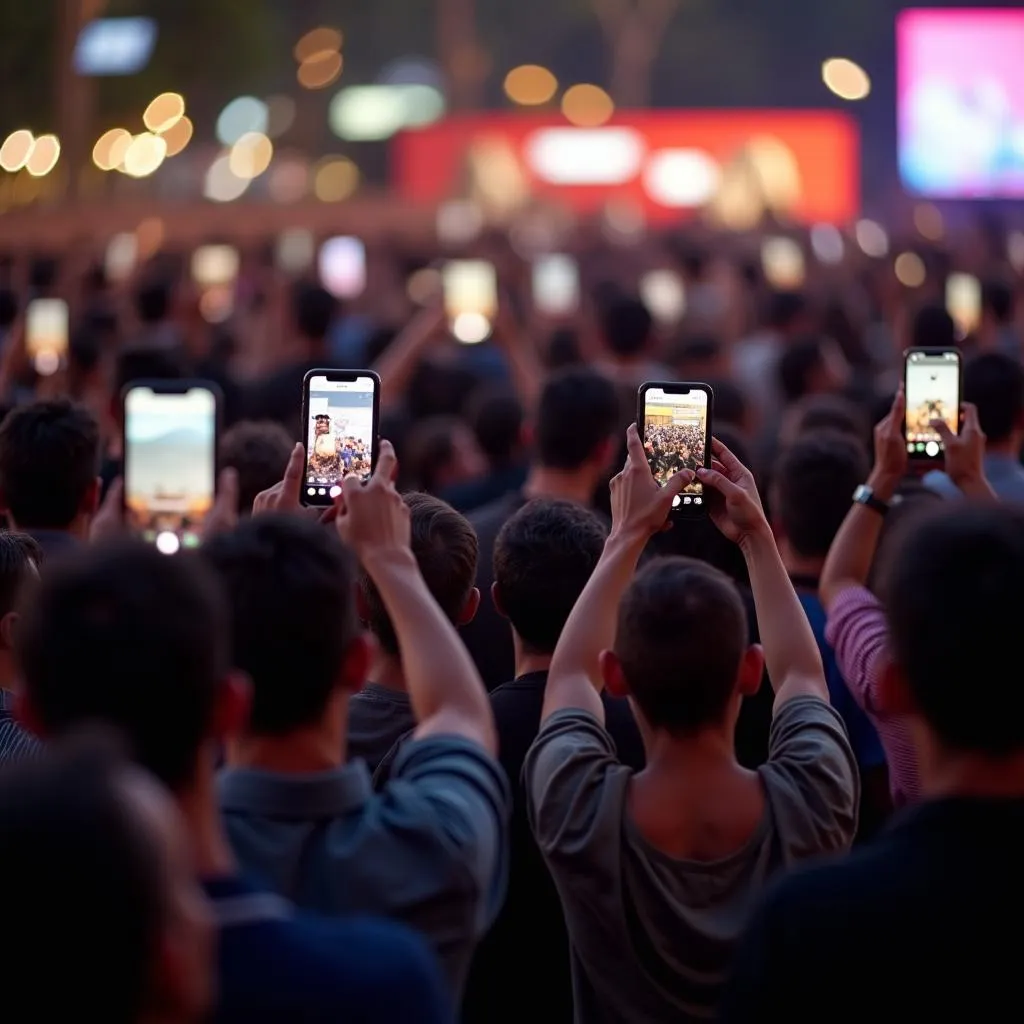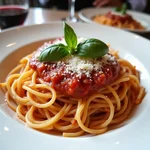Public events are a common topic in IELTS Speaking tests, particularly in Part 2. The ability to vividly describe such experiences can significantly boost your score. This article will guide you through answering questions about public events, providing sample responses for different band scores.
Describe a time when you attended a public event is a frequent topic in IELTS Speaking tests. Let’s explore how to tackle this subject effectively across all parts of the Speaking exam.
Part 1: Introduction and Interview
In this section, the examiner may ask general questions about public events. Here’s an example question with a suggested answer:
Q: Do you enjoy attending public events?
A (Band 7-8): Absolutely, I’m quite fond of public events. They offer a great opportunity to immerse myself in the local culture and connect with like-minded individuals. Whether it’s a music festival or a community fair, I find these gatherings incredibly enriching and energizing.
 IELTS Speaking: Describing a Public Event
IELTS Speaking: Describing a Public Event
Part 2: Long Turn (Cue Card)
Here’s a sample cue card related to describing a public event:
Describe a public event you attended recently
You should say:
- What the event was
- When and where it took place
- Who you went with
- And explain why you enjoyed it (or why you didn’t enjoy it)
Sample Answer (Band 6-7):
“I’d like to talk about a public event I attended last month – the annual food festival in my city. It took place over a weekend in the central park, which was transformed into a bustling hub of food stalls and entertainment areas.
I went with a group of friends, and we were excited to try various cuisines from around the world. The event featured local restaurants and international food vendors, offering a wide range of dishes from traditional local delicacies to exotic foreign cuisines.
I thoroughly enjoyed the event for several reasons. Firstly, the atmosphere was lively and festive, with live music performances adding to the ambiance. Secondly, it was a great opportunity to discover new flavors and cuisines I hadn’t tried before. Lastly, spending time with friends, sharing food, and discussing our favorites made it a memorable social experience.
The event wasn’t just about food; it also included cooking demonstrations by renowned chefs, which I found both entertaining and educational. Overall, it was a delightful experience that combined culinary exploration with cultural exchange.”
Sample Answer (Band 8-9):
“I’d like to regale you with my experience at the annual culinary extravaganza that graced our city last month. This gastronomic spectacle unfolded over a weekend, transforming our central park into a vibrant tapestry of food stalls and entertainment zones.
I ventured into this culinary adventure with a coterie of friends, all of us brimming with anticipation to sample the diverse cuisines on offer. The event was a melting pot of flavors, featuring an eclectic mix of local eateries and international vendors, each showcasing their culinary prowess.
The experience was nothing short of captivating for several reasons. First and foremost, the electric atmosphere was further enhanced by live musical performances, creating an auditory feast to complement the gustatory one. Secondly, it presented an unparalleled opportunity to broaden my culinary horizons, introducing me to hitherto unexplored flavors and cuisines. Last but certainly not least, the shared experience of culinary discovery with friends, engaging in animated discussions about our gastronomic finds, elevated the entire event into a cherished memory.
Beyond the realm of mere consumption, the festival also offered enlightening insights into the culinary arts through cooking demonstrations by acclaimed chefs. These sessions were not just entertaining but also remarkably educational, providing a glimpse into the intricacies of diverse cooking techniques.
In essence, this event was a harmonious blend of culinary exploration and cultural immersion, leaving an indelible mark on my gastronomic journey.”
 IELTS Speaking: Describing a Food Festival
IELTS Speaking: Describing a Food Festival
Follow-up Questions:
- How did you prepare for this event?
- Would you recommend this event to others? Why or why not?
Sample Answer (Band 8-9):
-
“In preparation for this culinary extravaganza, I took a multi-faceted approach. First and foremost, I conducted thorough research on the participating vendors and their specialties, allowing me to prioritize my culinary exploration. Additionally, I made a concerted effort to arrive with an empty stomach, ensuring ample room for the gastronomic journey ahead. Lastly, I equipped myself with a reusable water bottle and eco-friendly cutlery, aligning with the event’s sustainability initiatives.”
-
“I would wholeheartedly recommend this event to others, and my reasons are manifold. Primarily, it offers an unparalleled opportunity to expand one’s culinary horizons in a single, vibrant setting. Moreover, the event serves as a cultural melting pot, fostering community spirit and celebrating diversity through food. Lastly, the educational aspects, such as cooking demonstrations, provide invaluable insights into various cuisines, making it an enriching experience for food enthusiasts and casual attendees alike.”
Part 3: Two-way Discussion
In this section, the examiner will ask more abstract questions related to public events. Here are some potential questions with sample answers:
Q: How do public events contribute to community building?
A (Band 7-8): Public events play a crucial role in fostering community spirit. They provide a platform for people to come together, regardless of their backgrounds, and share common experiences. This shared participation often leads to increased social cohesion and a stronger sense of local identity. Moreover, these events can showcase local talents and traditions, instilling a sense of pride in the community’s unique characteristics.
Describe a traditional event or festival you attended can also be linked to this topic, as many public events are rooted in tradition.
Q: Do you think the rise of social media has affected the way people experience public events?
A (Band 8-9): Social media has undeniably revolutionized the way we experience public events. On one hand, it has amplified the reach and impact of these gatherings, allowing people to share their experiences in real-time and attract wider audiences. This digital interconnectedness can create a sense of FOMO (fear of missing out), potentially boosting attendance.
However, there’s a flip side to this digital coin. The compulsion to capture and share every moment can sometimes detract from the immersive experience of being fully present at an event. There’s a risk of people viewing life through their smartphone screens rather than engaging directly with their surroundings.
Moreover, the curated nature of social media posts might create unrealistic expectations about events, leading to potential disappointment when reality doesn’t match the polished online portrayal. Despite these challenges, I believe that when used mindfully, social media can enhance our experience of public events, allowing us to preserve memories and connect with a broader community of like-minded individuals.
 Social Media Impact on Public Event Experience
Social Media Impact on Public Event Experience
Key Vocabulary and Phrases for High Scores
To elevate your IELTS Speaking score when discussing public events, incorporate these sophisticated vocabulary items and phrases:
-
Vibrant atmosphere /ˈvaɪbrənt ˈætməsfɪər/ (adj. + n.): A lively and exciting ambiance
Example: “The festival’s vibrant atmosphere was infectious, filling everyone with energy.” -
Cultural immersion /ˈkʌltʃərəl ɪˈmɜːʃn/ (n.): The experience of being deeply involved in a culture different from one’s own
Example: “Attending the local fair provided a wonderful opportunity for cultural immersion.” -
Eclectic mix /ɪˈklektɪk mɪks/ (adj. + n.): A diverse and varied combination
Example: “The event featured an eclectic mix of musical performances, from classical to contemporary.” -
To foster community spirit /tə ˈfɒstər kəˈmjuːnəti ˈspɪrɪt/ (phrase): To encourage a sense of belonging and togetherness among people in a community
Example: “Such public gatherings play a crucial role in fostering community spirit.” -
Gastronomic journey /ˌgæstrəˈnɒmɪk ˈdʒɜːni/ (adj. + n.): An exploration of various foods and cuisines
Example: “The food festival took us on an unforgettable gastronomic journey around the world.”
Describe a recent event in your city is another topic where these vocabulary items could be effectively used.
Examiner’s Advice
To excel in the IELTS Speaking test when discussing public events:
- Practice describing various types of events in detail, focusing on sensory details and personal reactions.
- Develop a bank of sophisticated vocabulary related to events, atmosphere, and social interactions.
- Prepare to discuss both positive and negative aspects of public events to demonstrate critical thinking.
- Practice linking your personal experiences to broader social themes for Part 3 discussions.
- Work on your fluency by regularly talking about events you’ve attended or would like to attend.
Remember, the key to a high score is not just what you say, but how you say it. Aim for fluency, coherence, and a range of vocabulary and grammatical structures.
Describe a natural place that has changed over time might seem unrelated, but you could draw parallels between changes in natural places and evolution of public events over time.
By following these guidelines and incorporating the provided vocabulary and phrases, you’ll be well-equipped to tackle any question about public events in your IELTS Speaking test. Good luck with your preparation!


